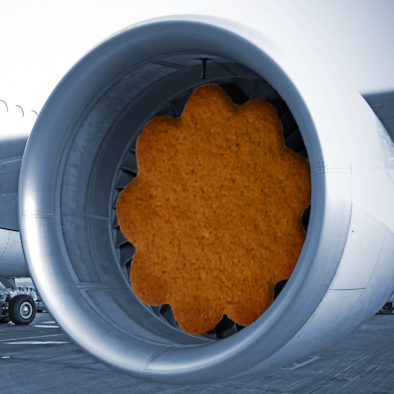I’m finally taking the leap from upgrading from a media drive sitting in my desktop PC to a self-build NAS. The parts are on their way and I have to figure out what to do when they actually arrive.
Current setup: Desktop PC with a single 20TB media drive (zfs, 15TB in use)
My knowledge: I use Linux as my daily driver, but I’m far from a power user. I can figure out and fix problems with online resources or the kind help of others like you
The goal: I want to move to a small NAS (2 additional 20TB drives are on their way). The system will have 32GB of DDR5 RAM. 1 disk parity for 40TB of usable storage
What will I use it for:
- Backup for Desktop PC
- Media server (Jellyfin)
- Arr stack
- (other small services int he future?)
My questions:
-
What OS should I use? The obvious answers being Unraid or TrueNAS. The 40TB of storage (1 disk parity) will likely be enough for a couple of years. So adding additional drives is not planned for some time.
-
How can I import the data from my current drive to the NAS? I am very new to the topic and my initial searches were not that helpful. With Unraid I should just be able to setup the first two disks and import the data from the other. I am unsure how to accomplish that with TrueNAS.
Some advice and tips would be great. Feel free to ask for more details if I forgot some crucial info.
Thanks for reading!
I had truenas installed bare metal, with some jails for emby (jellyfin) and Adguard etc worked well enough but I wanted a little more flexibility.
I installed proxmox on the machine itself, and fired up a truenas VM and passed through the discs (for now until I get an HBA card).
Tons more flexibility.
I’ve also recently built my own NAS and I’ve gone through similar considerations. One of my mayor decisions was not to use btrfs because it’s not recommended for Raid Z1/Raid 5. With that, I landed on ZFS and TrueNAS Scale. Note that RAID expansion should be landing in both very soon.
Things with TrueNAS were pretty easy, very quick, and everything worked nicely. However, I noticed that it was constantly accessing the disks and preventing them from spinning down. I really wanted to keep the power consumption low (<20 W idle), so I eventually decided to just go with Vanilla Debian + ZFS. I can recommend that if you want to tinker with things yourself. Otherwise, I’d recommend TrueNAS Scale.
As for migration, you might be able to create a degraded pool initially, copy over the data, and add the parity disk last. Raid expansion would ofc also help there…
As for migration, you might be able to create a degraded pool initially, copy over the data, and add the parity disk last.
I actually asked in the TrueNAS forum about this idea. According to some knowledgeable users this might work. For anyone interested, details here. The next major release (planned for end of October), should make this easier.
I’ve been running mine on Unraid for the last 4 years or so, and I have no complaints. Probably you can’t go wrong with TrueNAS either. The big advantage of Unraid, as I understand it, is the ability to add arbitrary drive sizes in the future, if you want. But you might not run into that benefit for a while…
I’m done fiddling with software and want stuff that works without much hassle. Unraid is super easy, I am in the process of building a home server with it, similar setup to OP.
I plan on moving my media files to the server through my LAN via FreeFileSync.
Unraid has been so simple for me. Really pleased with it.
Acronyms, initialisms, abbreviations, contractions, and other phrases which expand to something larger, that I’ve seen in this thread:
Fewer Letters More Letters NAS Network-Attached Storage RAID Redundant Array of Independent Disks for mass storage ZFS Solaris/Linux filesystem focusing on data integrity
3 acronyms in this thread; the most compressed thread commented on today has 7 acronyms.
[Thread #941 for this sub, first seen 30th Aug 2024, 09:35] [FAQ] [Full list] [Contact] [Source code]


